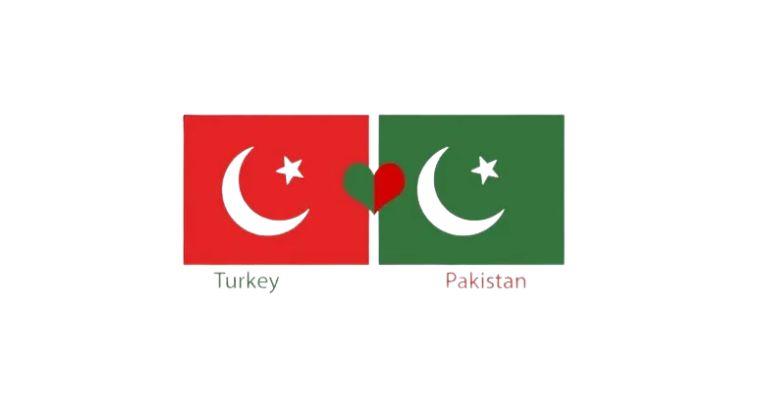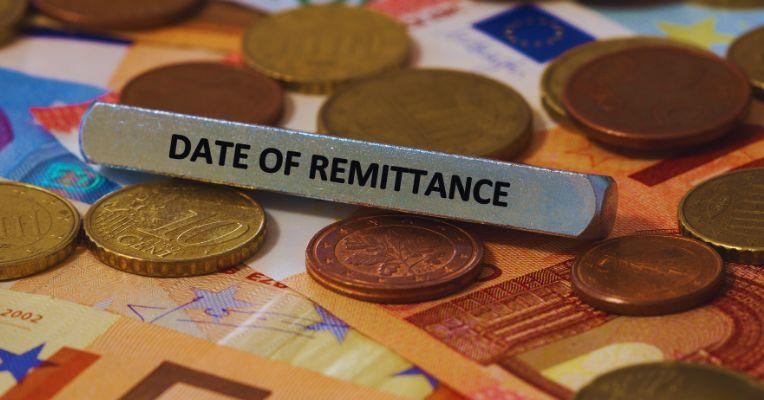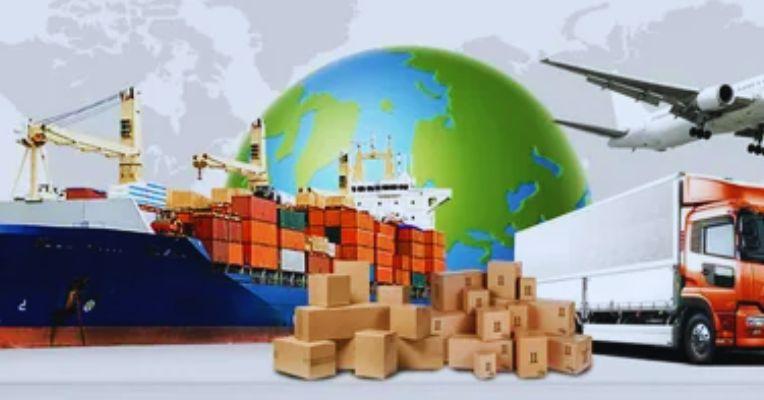The World Bank has released a report titled “Poverty Projections for Pakistan,” which raises significant concerns about the increase in poverty in the country. According to the report, Pakistan poverty rate is expected to rise to 25.3% in 2024, up from 18.3% in 2023. This means an additional 13 million people will be pushed below the poverty line.
Key Findings from the Report
The report highlights the disproportionate impact on poor households, as they will face higher welfare losses, causing them to fall deeper into poverty. This increase in poverty is linked to economic challenges such as inflation and rising living costs.
The World Bank used a micro-simulation tool to make these projections. This tool combined data from the latest national household survey and other economic indicators to forecast poverty rates.
Poverty Projections and the Economic Outlook
The World Bank report pointed out the significant rise in the poverty rate in Pakistan for 2024, with 13 million more people expected to fall into poverty. This is a sharp increase from earlier estimates.
Projections and Their Impact
| Indicator | 2023 Projection | 2024 Projection |
|---|---|---|
| Poverty Rate | 18.3% | 25.3% |
| Increase in Poverty | 2.6 million people | 13 million people |
| Poverty Line Impact | Lower Middle Income | Increase in welfare losses for poor households |
- Poverty rate in 2024 will rise by 7 percentage points.
- 13 million people will fall below the poverty line, a significant increase from previous projections of 2.6 million.
Economic Concerns IMF View on Data Reliability
According to the IMF October 2024 report, there are still major data gaps in Pakistan’s economic statistics, particularly concerning sectors that account for about one-third of the country’s GDP. The IMF noted that there are issues with the granularity and reliability of data, especially in government finances.
The World Bank report is based on forecasted data, which might not be fully accurate due to data shortcomings. The IMF has recommended further improvements in economic data reliability.
The Need for Immediate Government Action
The World Bank urges the government to take immediate action to address rising poverty. One way to do this is by increasing funding for the Benazir Income Support Programme (BISP), which helps the poorest families in Pakistan. The BISP needs to be expanded to support the 13 million new poor people.
However, the World Bank cautions that funding should not come from borrowing money, as it could worsen inflation and push more people into poverty. Instead, the government should cut unnecessary expenditures and improve tax collection from the wealthiest sectors.
Challenges in Taxation and Public Spending
One of the biggest challenges facing Pakistan is its reliance on indirect taxes (such as VAT and sales taxes), which disproportionately affect the poor. 75% to 80% of Pakistan tax revenue comes from these taxes, but they burden the poor more than the rich.
The World Bank also points out that there are issues with the elite capture of resources, where the wealthiest benefit from government spending. This inequality must be addressed for a fairer distribution of resources.
The Need for Structural Reforms
The World Bank emphasizes the need for structural reforms in Pakistan’s economy. Revenue generation should focus on increasing tax collections from the wealthy and improving fiscal accountability. The government needs to redistribute resources and ensure that public spending benefits the most vulnerable in society.
Revenue Generation vs. Public Spending: A Comparison
| Aspect | Current Situation | Needed Changes |
|---|---|---|
| Taxation Reliance | 75-80% on indirect taxes | Increase direct taxes from the wealthy |
| Public Spending | Benefits the elite more | Fairer distribution to the poor |
| Revenue Collection Shortfall | 386 billion rupees | Improve tax collection from rich |
Urgency of Reforms
The World Bank report paints a bleak picture of Pakistan’s economic future, with poverty levels rising sharply. The country must focus on economic reforms, including improving tax collection, fairer public spending, and expanding social programs like BISP to support those in need. The rising poverty demands urgent attention from the government to prevent further deterioration of the country’s social fabric.
Key Poverty Projections
| Poverty Projection for 2024 | Details |
|---|---|
| Poverty Rate | 25.3% |
| Increase in Poverty | 13 million people |
| Impact on Poor Households | Deeper poverty, higher welfare losses |
| Micro-simulation Tool | Based on latest census and economic data |
| IMF’s Concern | Data gaps and unreliable economic statistics |
| Proposed Action | Increase BISP funding by 200 billion rupees |
| Tax Reforms | Shift from indirect taxes to better tax collection from the rich |
| Revenue Shortfall | 386 billion rupees shortfall in tax collection |
With these reforms and actions, Pakistan can begin addressing its growing poverty and move towards a more equitable and sustainable future.





